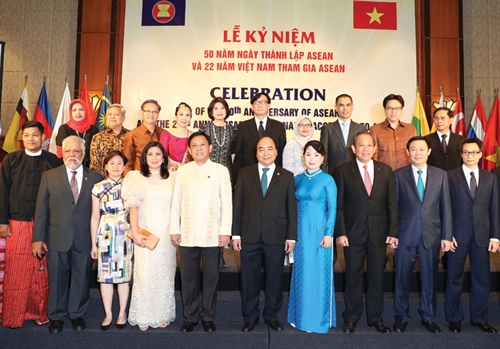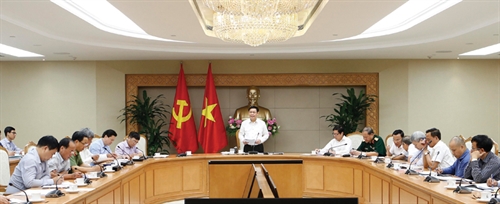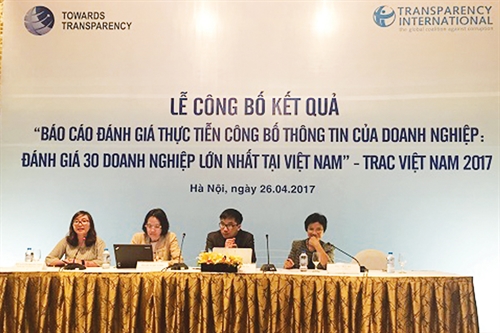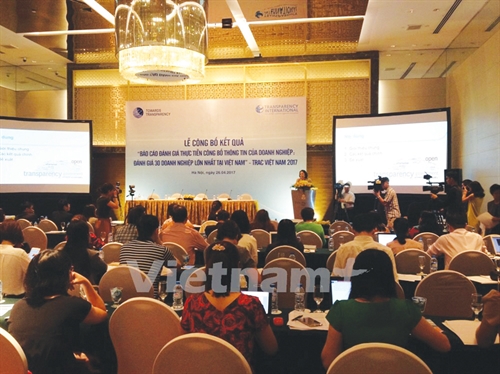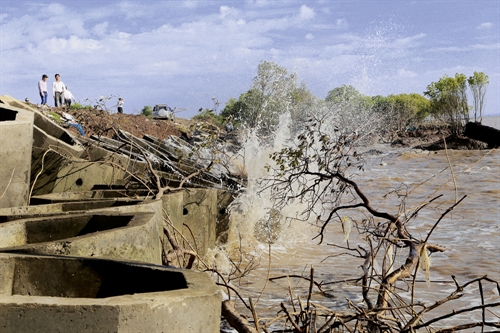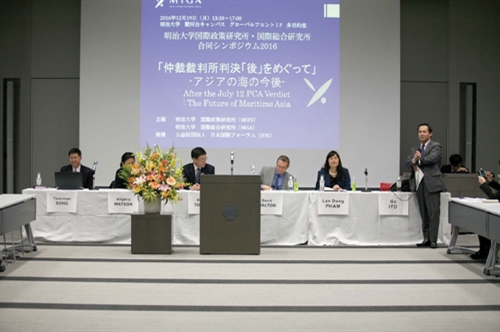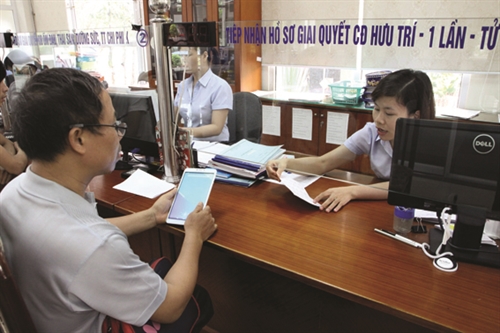The current number of social network users in Vietnam is estimated at about 35 million, accounting for 37 percent of the entire population, with the average daily time they spend on social networks reaching two hours and 18 minutes. Besides their positive aspects, social networks pose not a few challenges directly affecting the social environment and community interests, even national security. Therefore, seeking appropriate solutions to managing social networks in the new situation which conform with international practices and suit the particular conditions of Vietnam, thus turning challenges into opportunities, is one of the top priorities of the country today.
Le Quang Tu Do
Deputy Director
Authority of Broadcasting and Electronic Information
Ministry of Information and Communications
Situation of social networks and their management in the past time
Social networks in Vietnam can be divided into two groups. The first group includes social networks operated by domestic businesses and governed by Vietnamese law. The second group consists of social networks provided by foreign businesses across the border into Vietnam, typically Facebook, Google, Youtube, Twitter and Microsoft.
Before August 2013, social networks in Vietnam were managed by the mode of registration of service provision. However, due to the fast and strong development of social networks, Vietnam has changed to the mode of operation licensing. By now there are 270 licensed social networks operating in the country.
Most of social networks run by local businesses have operated in accordance with domestic law. Some of them commit violations largely due to the sharing by their users of contents that are against Vietnam’s fine national customs, vulgar or antisocial.
Foreign social networks now mostly used by Vietnamese are Facebook and Youtube. According to Google statistics, Vietnam is among top ten countries that have the highest numbers of Youtube users. In the past time, negative acts such as posting fake (untruthful) news, harmful or slandering information, hate speech, etc., occurred mainly in overseas social networks because users usually thought that social networks provided a virtual environment where they could speak freely and disseminate any information without being held responsible for. In order to effectively manage social network activities, Vietnam has so far developed mechanisms, policies and legal documents forming a just and transparent legal framework for Internet activities in general and social networks in particular[1].
Vietnamese authorities have also issued a number of instructing and implementing regulations mostly requiring social network providers to monitor all of their service provision activities and enhance the management of information on their social networks. The Ministry of Information and Communications has held regular meetings with these providers to grasp the trend of development of their networks and seek solutions to removing their difficulties and helping Vietnamese providers bring into play their capability and compete with foreign social network providers.
The Vietnamese Government has also established a mechanism of coordination with Google and Facebook in preventing and removing illegal information.
Along with enhancing the management of social networks, the Vietnamese Government has paid due attention to increasing public information to raise the awareness and cultured behavior of social network users, especially young people, and to enhance their responsibility for their speech on social networks. It has also stepped up the provision of information in the official media to minimize opportunities for the spread of illegal hate speech, aiming to build healthy and safe social networks in Vietnam.
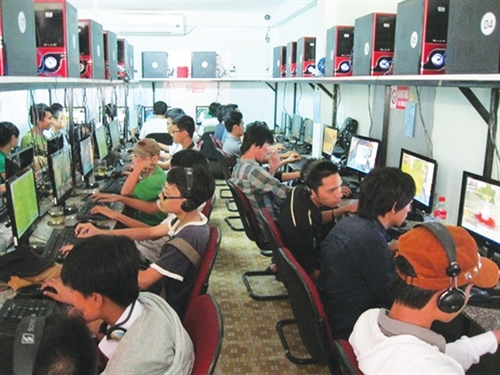 |
| Playing video games in an Internet access point in Hanoi__Photo: Internet |
Future development of social networks
The development of social networks in Vietnam in the coming time can be predicted as follows:
Firstly, social networks will constitute a crucial information channel in the social life.
With the continuous update of the cutting-edge advances in artificial intelligence researches for the development of technological platforms, social networks have become smarter and smarter, bringing more utilities for users. They have penetrated into every corner of the social life, not only providing a channel of interaction but also offering a useful tool for study and business development of all individuals and organizations.
Boasting a soaring number of users, social networks have created a ‘virtual society’ co-existing with the real society; their spread or “contagion” has compelled every individual, especially young people who can quickly absorb technology, to use social networks if they do not want to stand aside or become backward to the society. That’s why social networks will develop more strongly and influence human behavior as well as social development.
Secondly, social networks will become an environment favorable for the spread of harmful information and hate speech with more and more adverse impacts on the society.
Engagement with social networks is a double-edged sword on which it is very hard to distinguish which is real (true) and which is fake, rendering millions of users lost in the matrix of the genuine and fake, right and wrong, positive and negative.
Thirdly, social networks will become an extended arm of traditional media.
Social networks have satisfied an important need of people’s life as they facilitate interaction and create conditions for every individual to express his ideas, feelings and hobbies, share his experiences, seek opinions and give comments on certain social or personal issues. Connection and interaction among individuals have made information on social networks rich.
Social networks’ utilities have attracted more and more people, forming an open space for exchange and connection. Making use of these utilities, many traditional media agencies have created Facebook pages to share information with their readers. Social networks help journalists in three aspects: helping people from all walks of life become sources of information; enhancing social responsibility of journalists; and spreading information to existing readers and attracting new readers.
Fourthly, social networks will facilitate the development of civic journalism.
Thanks to attractive tools and utilities provided to users, such as the live streaming capability of Facebook and other utilities of sharing photos and texting messages, any user can create a “communication agency” of his own to produce news stories in all forms, print, audio and visual. As a result, a pool of “civic journalists” has come into existence, exerting certain influence on social life and directly competing with traditional media agencies and their journalists. This poses many difficulties and challenges to the management of the press in the coming time.
Management of social networks in the coming time
Based on the above predictions on the future development of social networks, the Vietnamese Government has set out several guidelines for the management of social networks in the coming time.
Firstly, importance will be attached to developing and improving regulations to deal with the fast and strong development of the Internet and social networks.
At present a legal framework for management of the Internet and online information is in place. However, due to the constant changes and developments of the Internet, some current regulations and policies have become inappropriate and newly emerging issues have posed higher management requirements. This situation has prompted the Government to quickly revise regulations, mechanisms and policies in order to better manage social networks. It will have to further improve regulations on management of information on the Internet and social networks, focusing on building a law on management of online information. The Government will urge the effective implementation of the 2016 Press Law, focusing on enhancing the role of traditional press agencies in directing information and proactively criticizing and rebutting harmful information on the Internet, contributing to redressing negative aspects of social networks. A code of conduct for social network service providers and users will be developed, aiming to build a sound and safe online environment in the country. It is also necessary to effectively implement ten professional ethical rules of journalists recently adopted by the Vietnam Journalists Association, particularly the rule that journalists must show responsibility when joining social networks and other media, striving for and safeguarding universal human values.
The Government will also adopt policies to support and encourage domestic businesses to build large and strong social networks that can replace or compete with foreign social networks that are providing cross-border information into Vietnam.
Secondly, the Government will seek technical solutions to ensuring proactive and timely management of the Internet and social networks.
To defend the national sovereignty in cyberspace in the context that foreign social networks are attracting large numbers of local users, the Vietnamese Government will build technical tools to serve management, collection, prevention and warning activities and to calculate numbers of website visits as a basis for the state management of Internet information. It will also develop tools to filter and detect fake and false news and gauge on a real time basis the level of transmission of such information on social networks and other online media for the purpose of proactively preventing and early warning fake news as soon as it appears on social networks. Along with action plans to cope with emergency circumstances, the Government will work out a mechanism of coordination among state authorities and businesses in preventing and removing harmful information on social networks.
Thirdly, the Government will step up public information to enhance the sense of responsibility and law observance among people, who should be aware of negative and positive aspects of social networks to avoid unintentionally lending a hand to sabotaging activities as well as negative and uncultured behaviors and to actively monitor and detect untruthful information on these networks.
Media agencies will be expected to renew their information-disseminating methods to draw on the advantages of the Internet and constantly provide information on laws and official views of the Party and the State to guide public opinion against sensitive information; and to build up a sense of responsibility and cultured behavior of social network users.
The Government will enhance its management to ensure the development and preservation of the prestige of the official press acting as standard information channels to authenticate information on social networks and create mechanisms for the press to develop strongly in parallel with social networks.
State agencies will be encouraged to open more information channels in addition to their websites in order to introduce their specialized management activities.
The Government will encourage and finance the creation of social network accounts to operate as communication channels to raise the awareness of social network users, giving special attention to accounts of key opinion leaders.
Fourthly, it is necessary to enhance concerted management activities of domestic ministries and sectors and their cooperation with other countries.
The current management of social networks in Vietnam involves different ministries and sectors, including the Ministry of Information and Communications in charge of information content, the Ministry of Finance overseeing tax-related issues, the Ministry of Culture, Sports and Tourism managing cross-border advertising activities, the Ministry of Public Security dealing with illegal business activities, and the State Bank of Vietnam managing payment activities, etc. Therefore, close coordination among these agencies is indispensable for the effective management of social networks.
Last but not least, due to the “blurring boundaries” of the Internet environment, there should be joint efforts of the Vietnamese and foreign governments and major social network service providers like Facebook, Google, Youtube and Twitter in preventing, dealing with and eliminating potential risks of social networks.-
